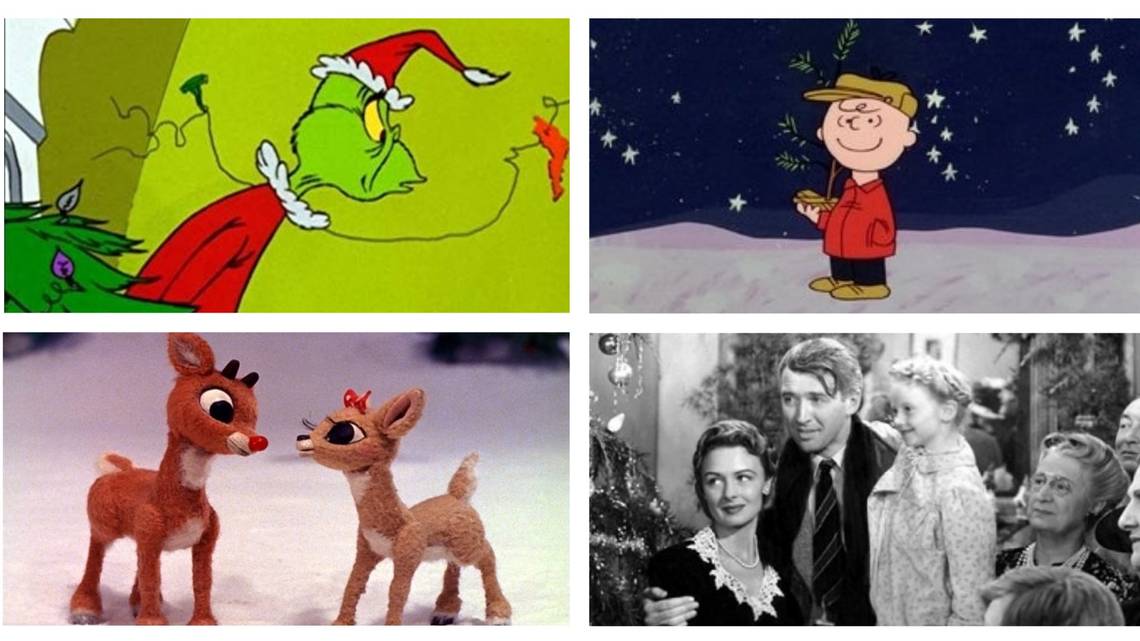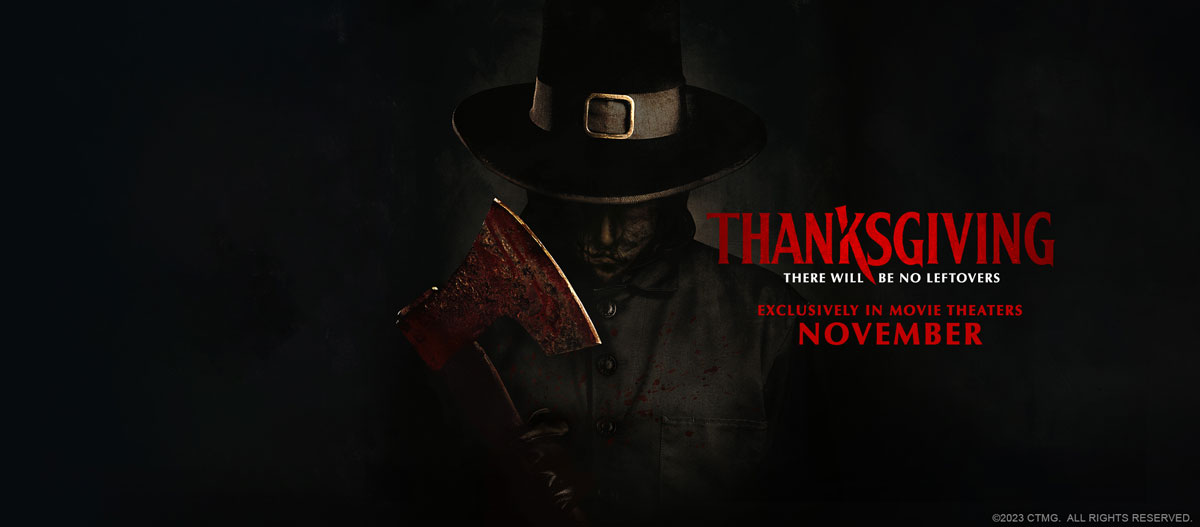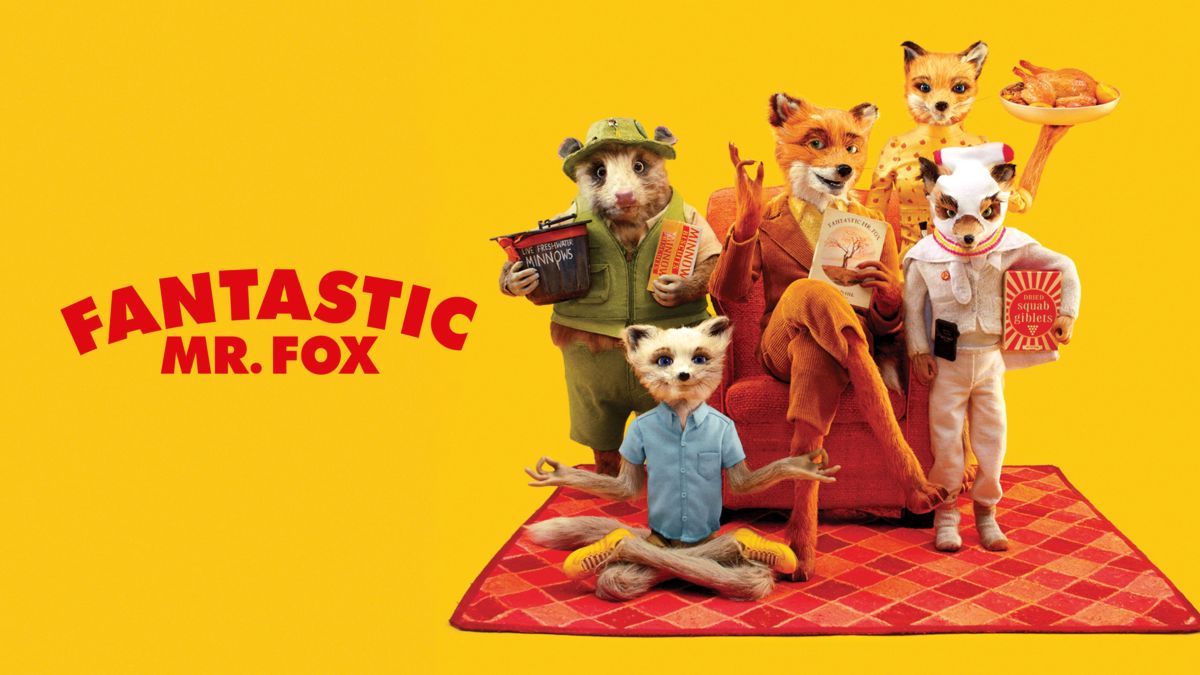With Thanksgiving now over, the Christmas season has officially begun. We all know what this means: trees, lights, presents, carols, and all the other holiday trappings that emerge every December. All of us have different Christmas traditions like parties, dinners, and games. There is one thing, however, that seems to grow a little bit with each passing holiday season: the importance of Christmas movies—Those films that warm our hearts, and bring us tidings of comfort and joy every year.
There are thousands of Christmas-themed movies out there, but we seem to return only to a select few; movies we look forward to watching that are waiting to welcome us with open arms. Certain movies have become such a staple of the season that we can hardly imagine a Christmas without them. It’s a Wonderful Life, Miracle on 34th Street, and White Christmas, are a few of the classics. Later additions to the Christmas canon would include A Christmas Story, Christmas Vacation, The Muppet Christmas Carol, Home Alone, and The Nightmare Before Christmas. More recent films like Love Actually, Elf, and The Polar Express have become essential viewing during the Holidays. That is to say nothing of the various TV specials that continue to air decades after they were produced.

What is it about these movies that make them so memorable? It can’t merely be that they take place around Christmas, otherwise there would be a lot more low-quality movies on our Holiday watchlist every year. The elements that set these movies apart run much deeper than the basic iconography of the season. These are films that have several emotional components that resonate with us, both individually and culturally, on a personal level.
The first distinguishing factor is perhaps the least surprising: sentimentality. Every Christmas film is at least a little bit sentimental, plucking at the viewer’s heartstrings in an attempt to make a real emotional connection with them.
However, just because every film features this, that doesn’t mean that they all get it right. On the contrary, the vast majority of Christmas movies are either inauthentic or sappy. In the former instance, the sentiment is only skin deep, a cynical attempt to capitalize on the audience’s eagerness for connection, ultimately feeling artificial and unearned. Other movies, however, will lay the sentimentality on so thick, it appears their goal is to simply smother the audience in emotionality until it finally relents and embraces the movie. These films may be effective for a time, but they rarely have staying power. Authentic sentimentality is achieved through a mixture of relatable characters, inspiring story, and timeless message. All of this underlined with heightened visuals and a musical score that is informed by the characters’ emotions instead of trying to dictate them. These movies work because they understand the innate sentimentality of the season that each viewer brings to the film, and attempt to engage with that.
Much of this sentimentality comes about naturally as a function of the second key component: a true sense of community. For most, Christmas is a very relational holiday. It is about uniting with family and friends in celebration. This inherent understanding inspires us to be more loving, more grateful, and more forgiving than we otherwise would be. As such, the best Christmas films often conclude with the main character embracing a new community or recognizing the one that was there the whole time. Sometimes it’s a few friends and other times, it’s a whole town. No matter the specifics the main character—and the viewer—feel a little bit less alone by the end.

This sense of aloneness is surprisingly prevalent in these films and it will lead us into the final element that we find in all of the best Christmas movies: darkness. It may seem counterintuitive that this would play such a vital role in movies associated with the most wonderful time of the year, but it may well prove to be the key ingredient to making these stories work. This darkness manifests itself in any number of ways. It could be the hardness of heart of certain characters. It could be familial estrangement. And sometimes its the pain of living in an increasingly cynical world. Given these unfortunate circumstances it is understandable why some might shrink away from ideas like love, generosity, and joy, choosing instead to embrace this melancholy and adopt an attitude of self-protection. Characters like Ebenezer Scrooge and the Grinch have become so suspicious of happiness that they actively work to keep themselves miserable. George Bailey and Charlie Brown, shunned by their respective communities, experience existential despair. Clark Griswold and Jack Skellington obsessively attempt to harness the Christmas spirit, only to fall into a deep depression when they can’t. These are just a few of the examples of the bleakness we can find in Christmas movies.
Thankfully, the overriding message of the Christmas season is that darkness does not get to have the last word. Christmas is about forgiveness, redemption, and hope, embodied by Jesus’ birth. And whether these films are overtly Christian or not, they understand the necessity of light come from darkness to give us a second chance at being the people we were meant to be. Out of this comes a sense of community rooted in the understanding that we all need saving, we all need redemption, and that Jesus came to give us that gift. Embracing the joy that comes from this understanding can lead to feelings of sentimentality; about family, about friends, and about the desperate hope that tomorrow can be better than today. Any other time of the year this sentiment might make us cringe, but at Christmas it all seems possible, maybe even probable. The best Christmas movies remind us of this. Which is why we return to them every year, to re-affirm that hope is not some trifling thing, but an essential part of what makes us human.
Check out our selection of Christmas movies on ReDiscover Television!





